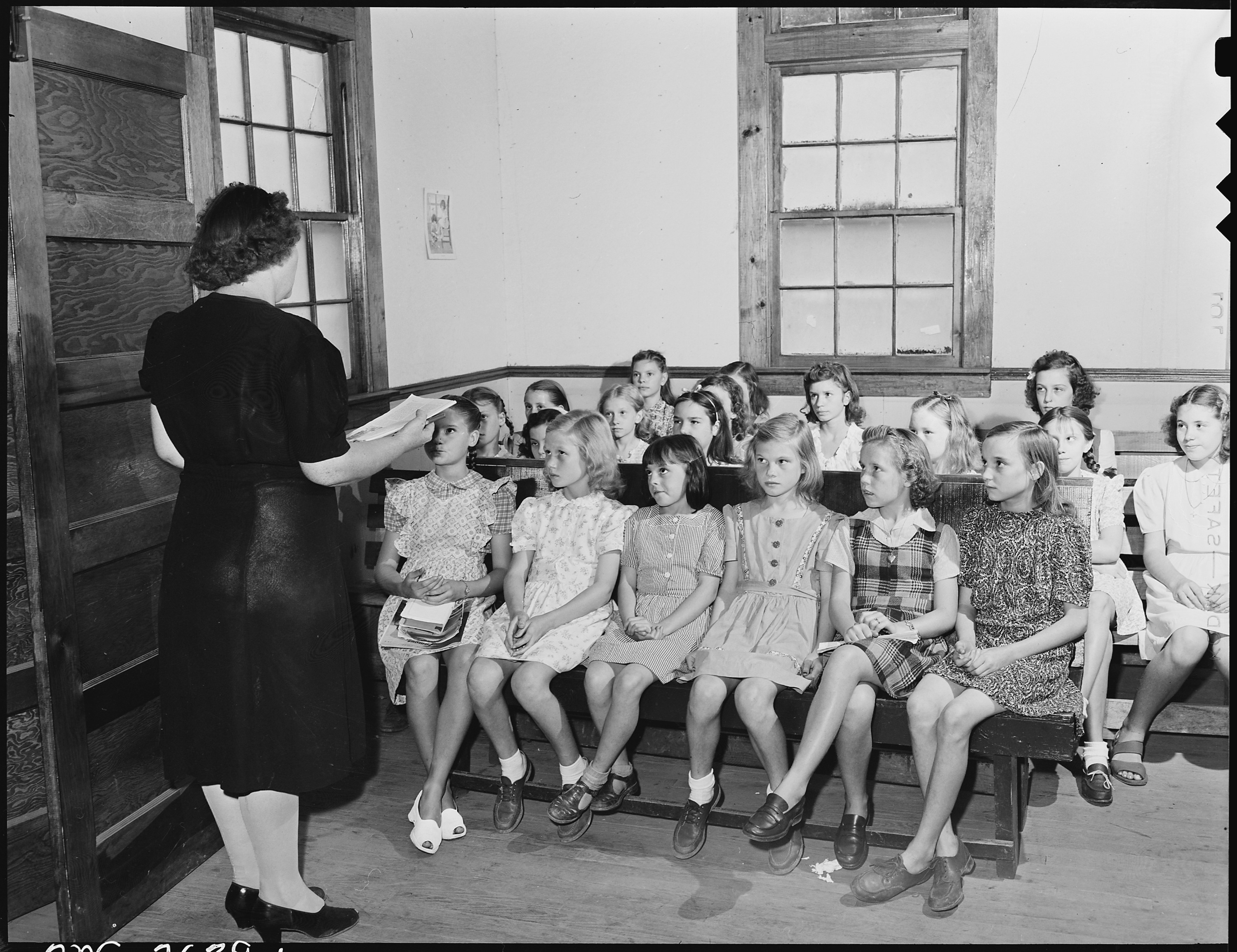We have just launched The Ministry of Acolytes 4: Tribal Ministry For Individuals and For Groups.
For many years, kids participated in church ministries because that was what you did.

Then the 1970s happened. People began to question traditional approaches to church-going, but youth-oriented ministries remained popular, partly because of all the guitars.

Today, youth-related ministries have many other activities competing for their time. Kids don’t participate just because that’s what everyone does. This change isn’t necessarily a bad thing — kids participating because they are moved to do so rather than out of inertia is a good thing, right?

But it does mean that organizations like the acolytes ministry cannot expect to run themselves they way they did for decades. Kids join ministries today because they feel drawn to particular sets of values, activities, and people. Sets of people oriented around a common interest or goal can have great influence on how they think and feel and (in the case of the church) how they experience faith.

For this reason, Roger Speer suggests using a new model to build the acolyte ministry: treat the ministry as a tribe. By “tribe,” Roger means a small group of people who share a strong interest in what brings them together; who influence and support each other; and whose leaders share their vision and help them function effectively.
In this class, Roger Speer, Director of student ministries at Church of the Good Shepherd in Augusta, Georgia and co-author with Sharon Ely Pearson of the book I Serve at God’s Altar: The Ministry of Acolytes, discusses what tribes are, and what it means to treat a ministry as a tribe. He describes ways to build the ministry so that it brings like-minded kids together and brings them confidence, energy, and respect for their liturgical role. He discusses ways to ensure that the ministry understands its mission and sets itself up to withstands transition in leadership. Finally, he describes the discernment process acolyte leaders should engage and what kind of leader is generally right for the role.
This class is ideal for people who are considering leading acolytes and for churches who are interested in re-energizing their acolyte ministries. For a preview of this course, please click here.
